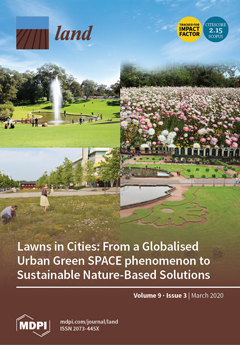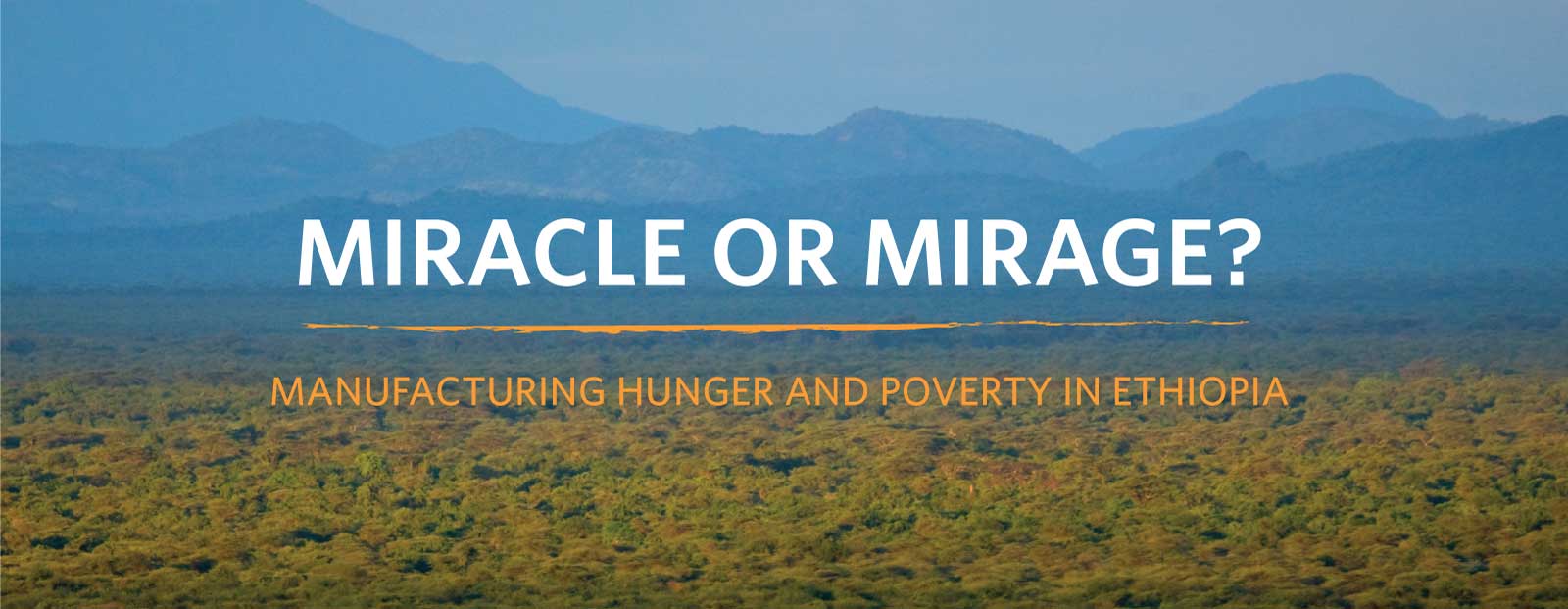Fragmented sovereignty: land reform and dispossession in Laos
Land reform, land politics and resettlement in Laos have changed people’s land access and livelihoods. But these reforms have also transformed political subjectivity and landed property into matters for government to a degree hitherto unknown in Laos. The control over people, land and space has consolidated sovereignty in ways that make government an ineluctable part of people’s relation to land. This transforms agrarian relations. Three cases demonstrate how rural small holders’ access to land depends on the ways in which property and political subjects have been produced.





